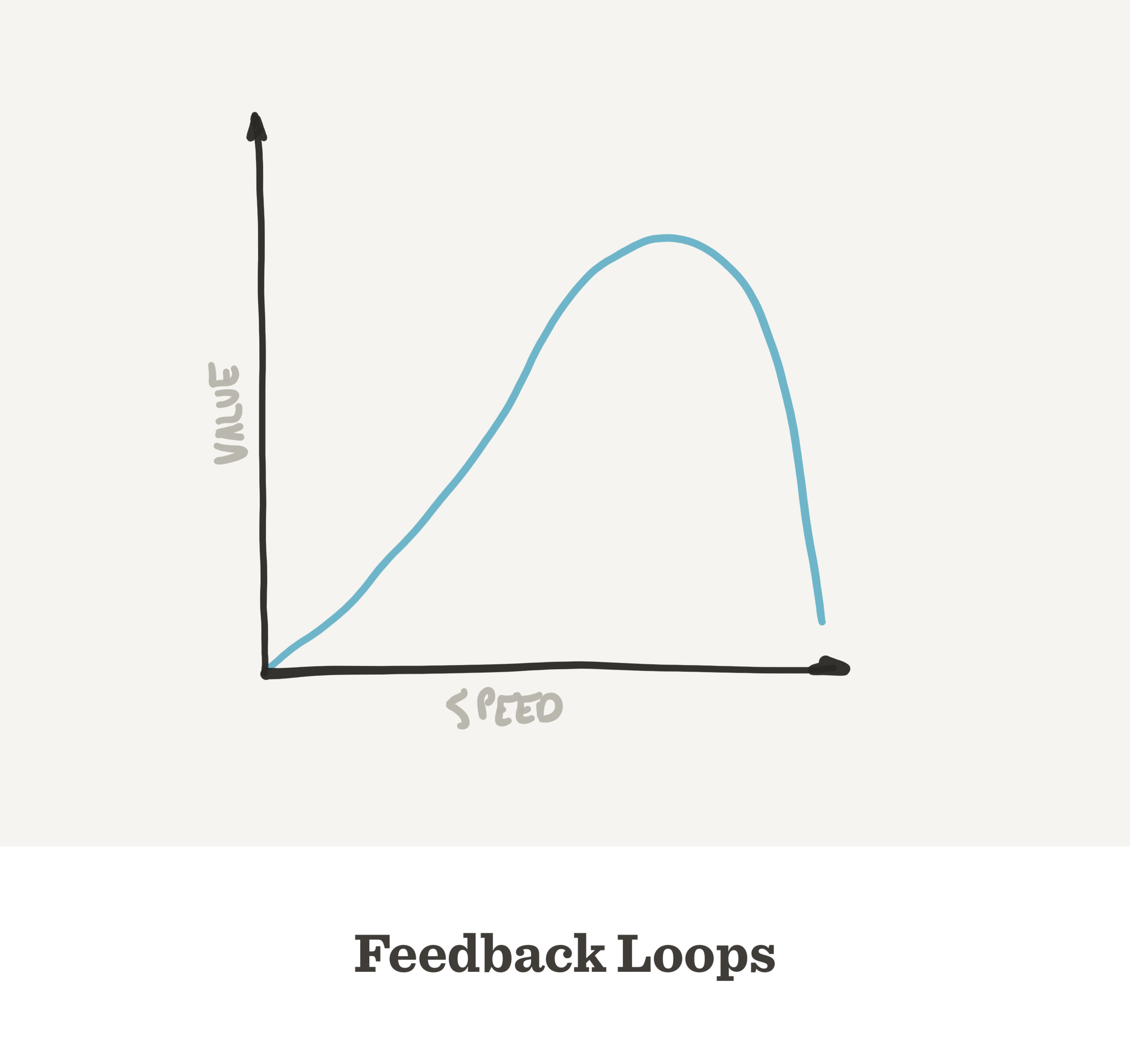When Feedback Loops Get Too Tight
/There's a commonly held belief in building software that feedback loops should be tight. It's a sentiment that I agree with but I've come to realize that there's such thing as too much of a good thing in some cases. When feedback loops get too tight, software teams tend to get bogged down in the details, sometimes losing sight of overall business goals or just plain wasting time.
I've noticed this in personal projects that I've worked on. I work hard to set up processes and tooling to make communication lightning quick. I iterate quickly. I pat myself on the back for being able to change direction on a dime. I mean, that's how smart people write software, right?
The trouble is, as the time and effort required to request a change gets smaller, there's a tendency to think less about the request itself before making it. I've found myself endlessly pushing pixels around on the screen to make a feature work just so, later realizing that I hadn't slowed down to think about whether the feature should really be built in the first place.
It became much clearer to me when I started to drastically reduce the amount of time that I was investing in GSD, a productivity tool that I've written for myself. Early on I was working on GSD almost every day. I'd make a change each morning, use the product during the day, and determine the next change based on what I had learned.
When I stopped coding on weekdays the daily feedback loop stretched into a weekly feedback loop. I had assumed that my product would evolve more slowly but what I'm finding is that it's evolving more quickly instead. Daily feedback often focused on what made the product easy to use, while weekly feedback has a healthier perspective of what makes the produce useful.
I've come to realize that at some point, feedback loops become so tight that they focus on what feels urgent rather than what's truly important. There's a lot of value in taking a deep breath and spending a few minutes in reflection, sometimes spread over the course of several days, before shooting off that email or Slack message with your most recent feedback. You may find that you speed up by slowing down.

